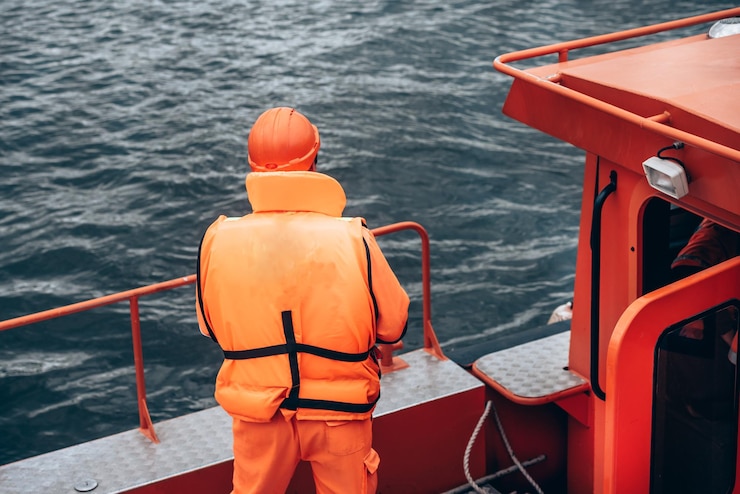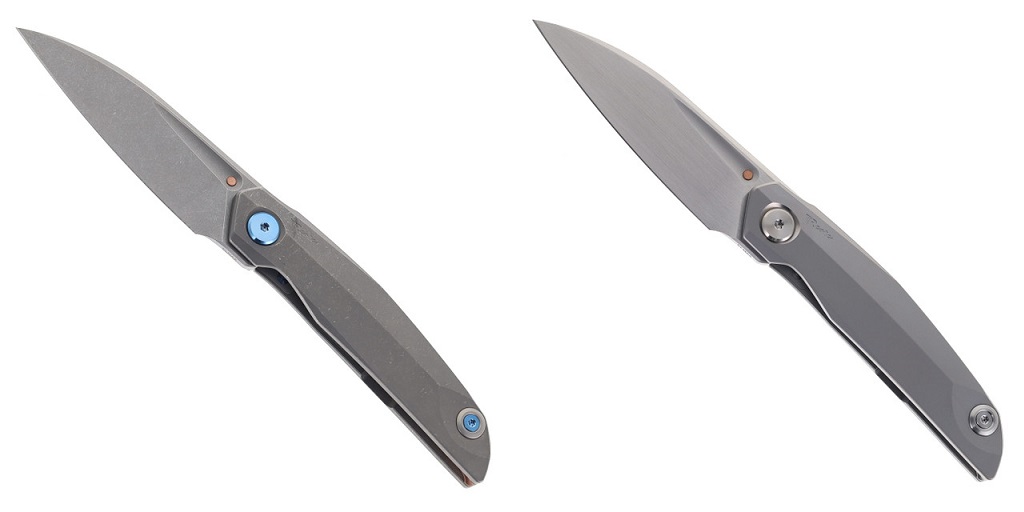Marine safety is crucial for protecting lives, vessels, and the environment in the UAE’s waters. With its extensive coastline along the Arabian Gulf, the UAE has a thriving maritime industry, including commercial shipping, fishing, and recreational boating. Ensuring safety at sea involves understanding regulations, following best practices, and using appropriate safety equipment. Authorities like the UAE Maritime Administration and the Federal Transport Authority (FTA) enforce strict guidelines to maintain marine safety. Whether you are a professional mariner or a recreational boater, knowing the essential safety measures can help prevent accidents and protect the marine ecosystem.
Importance of Marine Safety in the UAE
The UAE has a dynamic maritime sector, making marine safety a top priority. Here’s why marine safety is essential:
-
Protection of Lives: Accidents at sea can lead to injuries or fatalities, making adherence to safety protocols vital.
-
Environmental Conservation: Oil spills, chemical leaks, and waste disposal can harm marine life and ecosystems.
-
Legal Compliance: Following UAE maritime laws ensures smooth operations and prevents penalties.
-
Economic Stability: The shipping and tourism industries rely on safe marine transport.
-
Disaster Prevention: Awareness and preparedness reduce risks of vessel collisions, capsizing, and onboard fires.
Marine Safety Regulations in the UAE
The UAE has strict laws to enhance maritime safety. Key regulations include:
1. Vessel Registration and Inspection
All boats and ships in the UAE must be registered with the FTA. Authorities conduct regular inspections to ensure vessels meet safety standards.
2. Crew Certification and Training
Seafarers must hold valid certifications, including competency licenses. Proper training in emergency procedures, navigation, and firefighting is mandatory.
3. Navigation and Traffic Rules
The UAE enforces maritime traffic rules, such as:
-
Keeping safe distances between vessels.
-
Following designated sea routes.
-
Using navigation lights at night and during low visibility.
4. Mandatory Safety Equipment
Every vessel must carry essential safety equipment, including:
-
Life jackets and lifebuoys.
-
Fire extinguishers.
-
Distress signals such as flares and emergency beacons.
-
First aid kits.
5. Environmental Protection Laws
To prevent pollution, the UAE has regulations on waste disposal and oil spill management. Vessels must follow strict guidelines for handling fuel and chemicals.
Best Practices for Marine Safety
1. Regular Maintenance and Inspection
Ensuring vessels are in good condition prevents mechanical failures. Routine checks on engines, navigation systems, and safety gear are essential.
2. Weather Monitoring
Before heading out to sea, boaters should check weather forecasts. Strong winds and high tides can increase risks of accidents.
3. Emergency Preparedness
Vessel operators should:
-
Conduct emergency drills.
-
Have clear evacuation plans.
-
Maintain communication devices such as VHF radios.
4. Safe Navigation Practices
-
Avoid overloading vessels.
-
Follow speed limits in restricted zones.
-
Stay alert for other boats, swimmers, and floating objects.
5. Use of Personal Protective Equipment (PPE)
Wearing life jackets and harnesses can save lives during emergencies. Safety gear should be easily accessible on board.
Common Marine Safety Risks in the UAE
Understanding potential risks can help prevent accidents. Some common hazards include:
-
Capsizing: Often caused by overloading, sudden weather changes, or reckless maneuvering.
-
Collisions: Due to poor visibility, navigation errors, or high traffic in busy ports.
-
Fire Hazards: Electrical malfunctions and fuel leaks can lead to onboard fires.
-
Drowning Incidents: Failure to wear life jackets increases drowning risks in emergencies.
-
Engine Failures: Mechanical issues can leave vessels stranded at sea.
Emergency Response and Rescue Services
The UAE has well-equipped maritime rescue teams. In case of an emergency, boaters should:
-
Contact the UAE Coast Guard using distress signals or emergency channels.
-
Stay calm and follow safety protocols.
-
Use emergency rafts or flotation devices if necessary.
Conclusion
Marine safety in the UAE is essential for protecting lives, property, and the marine environment. Following regulations, maintaining vessels, and practicing safe navigation can prevent accidents.







0 Comments